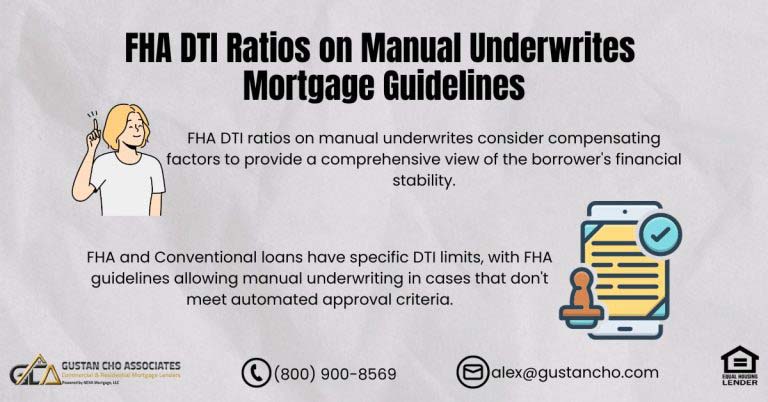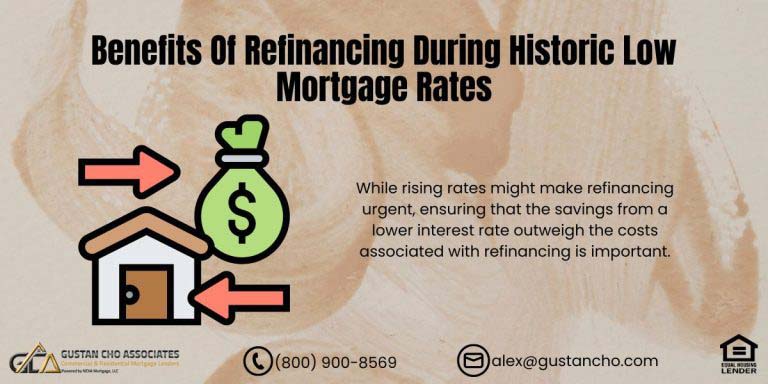This guide covers qualifying for a mortgage after college education versus work experience mortgage guidelines. We will further cover why real work experience beats book markets. College education versus work experience. As I take this time to break away from my housing and mortgage experiences, let me jump into another topic I feel strongly about.
In my opinion, college really doesn’t prepare me well for the real world. Yes, you heard that correctly. I am a firm believer that my $60,000 of student loans was really for nothing.
Now, I will not say that I didn’t learn anything from my college experience and my B.S. in accounting. But there is only a finite amount of information that a book can teach you. After that, it is all on you to be a sponge in the real world and figure out what is happening. In the following paragraphs, we will cover qualifying for a home loan with college education versus work experience mortgage guidelines.
College Education Versus Work Experience In Getting First Job
This is exactly what happened to me as I landed my first job out of college as a staff accountant for a mid-size manufacturing company. I went through school learning about income statements, balance sheets, Cash flows, etc., and how everything is so easy to record and understand. This couldn’t be further from the case.
I was thrown into the fire with finances that were not in proper order. I had to familiarize myself with journal entries and reconciliations that were out of balance and to the wrong accounts.
I was confronted with an inventory system with over 5,000 components for various items this company made. There was definitely no class in college for “My Company is Messed Up 101” the last time I checked. Almost immediately upon starting, I had to check my education at the door, roll up my sleeves, and jump right into using my common sense to get these items straightened out. I also had to think critically and problem-solve to ensure these items didn’t happen again.
Talk To Our Loan Officer, Click Here
How Lenders Evaluate College Education Versus Work Experience
Mortgage lenders typically consider both college education and work experience when evaluating a borrower’s eligibility for a mortgage. These factors, along with others, help lenders assess the borrower’s ability to repay the loan. In the following sections of this guide, we will cover how each of these factors may impact mortgage guidelines.
Positive Impact of College Education
Having a college degree can be viewed positively by lenders. A higher level of education may be associated with better job prospects and potentially higher income, making it more likely for the borrower to meet mortgage payments. Lenders may request documentation of the borrower’s education, such as transcripts or degree certificates, to verify the information provided.
Positive Impact of Work Experience For Mortgage Loan Applicants
Lenders often consider a borrower’s work history and stability. A consistent employment record, especially in the same field or industry, can be seen as a positive factor. Lenders typically require proof of income, such as pay stubs or tax returns. The stability and level of income play a crucial role in determining the borrower’s ability to repay the mortgage.
Impact of College Education Versus Work Experience on Mortgage Loan Program
Different loan programs have varying guidelines. Some government-backed loans, like FHA or VA loans, may have more flexible requirements compared to conventional loans. Understanding the specific guidelines of the chosen loan program is crucial. It’s important to note that while education and work experience are factors, they are not the sole determinants in mortgage approval. Lenders consider a holistic view of the borrower’s financial situation, including credit score, down payment, and debt obligations.
College Education Versus Work Experience: What They Do Not Teach You In College
Another case scenario at this company happened six months into my tenure when a supervisor in the accounts payable department was up: He quit, leaving the company in a bind. What happened next surprised me, and I was deemed the new AP Supervisor, along with my staff accountant duties. Suddenly, at 22 years old, I was in charge of hiring, firing, and reviewing six employees for the department.
The biggest challenge I had to overcome was getting the respect of these six individuals, who were all older than me.
In their eyes, I was just a “kid,” and they didn’t take me seriously for the first month or two. But soon, everyone came around, and I led this team to be the most productive they have ever been. I implemented efficient practices and made a few staffing changes to obtain the highest output possible. This was just 1 example of how my college textbooks couldn’t tell me how to handle being a manager at 22 years old. Get Help From Us About Any Loan Type, Click Here
My Conclusion on The Value of College Education Versus Work Experience
In closing, yes, college has its place in our society. I don’t think that the college makes the individual. I didn’t get a flashy degree from a big-name school. But I am landing positions where I am getting hired over other candidates.
Just because you got an A in accounting doesn’t mean you will be the best accountant. Quite frankly, without challenging real-world experience, you are actually doing yourself a disservice.
The best training and learning are on the job. Real-world experiences will stay with you forever. I couldn’t tell you what my Accounting 201 textbook says. But I know I can work in circles around many accountants I have seen in my field. In my opinion, the experience is everything!
Mortgage Guidelines For Recent Graduates With No Work Experience
Mortgage agency guidelines allow recent school graduates without work experience to qualify for home loans. There are government loans and conventional loans that first-time home buyers can qualify for. Individual lenders may have different criteria, so it’s advisable for borrowers to consult with mortgage professionals to understand the specific requirements and options available to them based on their education, work experience, and overall financial profile.
We will use FHA loans because it is the most popular loan program for recent school graduates. HUD is the parent of FHA. FHA is not a lender and does not originate funds, or service FHA loans.
FHA’s role is to ensure FHA loans are originated and funded by private lenders. For the FHA to insure lenders against borrowers defaulting on their FHA loans, every borrower needs to follow HUD 4000.1 FHA Handbook Guidelines. FHA treats full-time schooling the same as work experience.
Can High School Graduates Qualify For FHA Loans?
Recent high school graduates with full-time jobs can qualify for FHA loans under HUD guidelines. The years in high school are equivalent to full-time employment.
Under HUD guidelines, borrowers need a two-year work history to qualify for FHA loans. If the borrower never had a job and was a full-time student, that can be used in lieu of a two-year employment history.
Both education and work experience indirectly influence creditworthiness. A steady income from a reliable job (based on work experience) and responsible financial behavior (possibly influenced by education) contribute to a positive credit history. Lenders assess the borrower’s debt-to-income ratio, comparing the amount of debt to the borrower’s income. Both education and work experience can impact earning potential, which, in turn, affects the DTI ratio. We do not require two-year full-time employment if the borrower has been a full-time student for the past two years. Don’t hesitate to get in touch with us at Gustan Cho Associates with any questions on this matter at 262-716-8151, text us for a faster response, or email us at gcho@gustancho.com.










